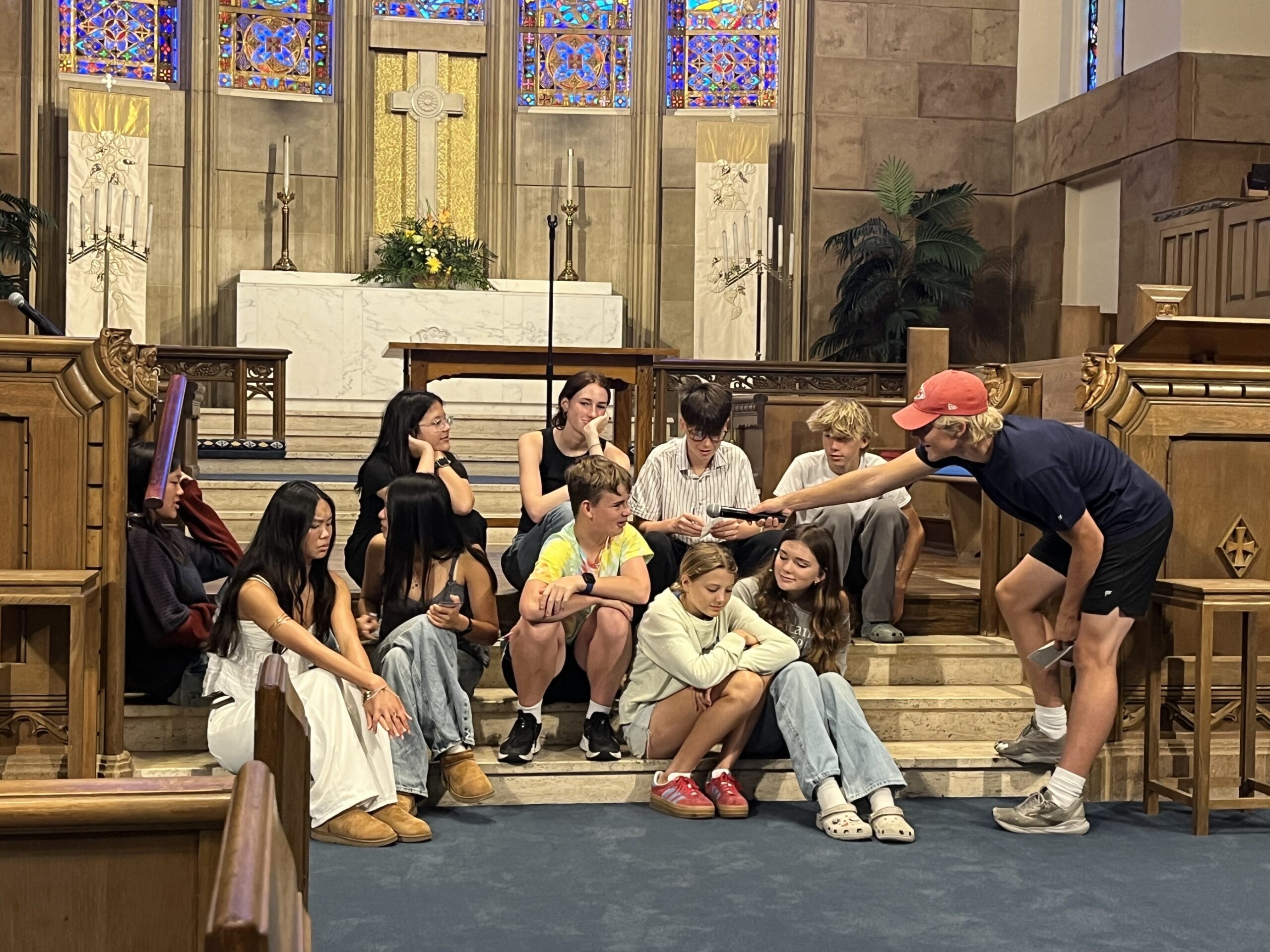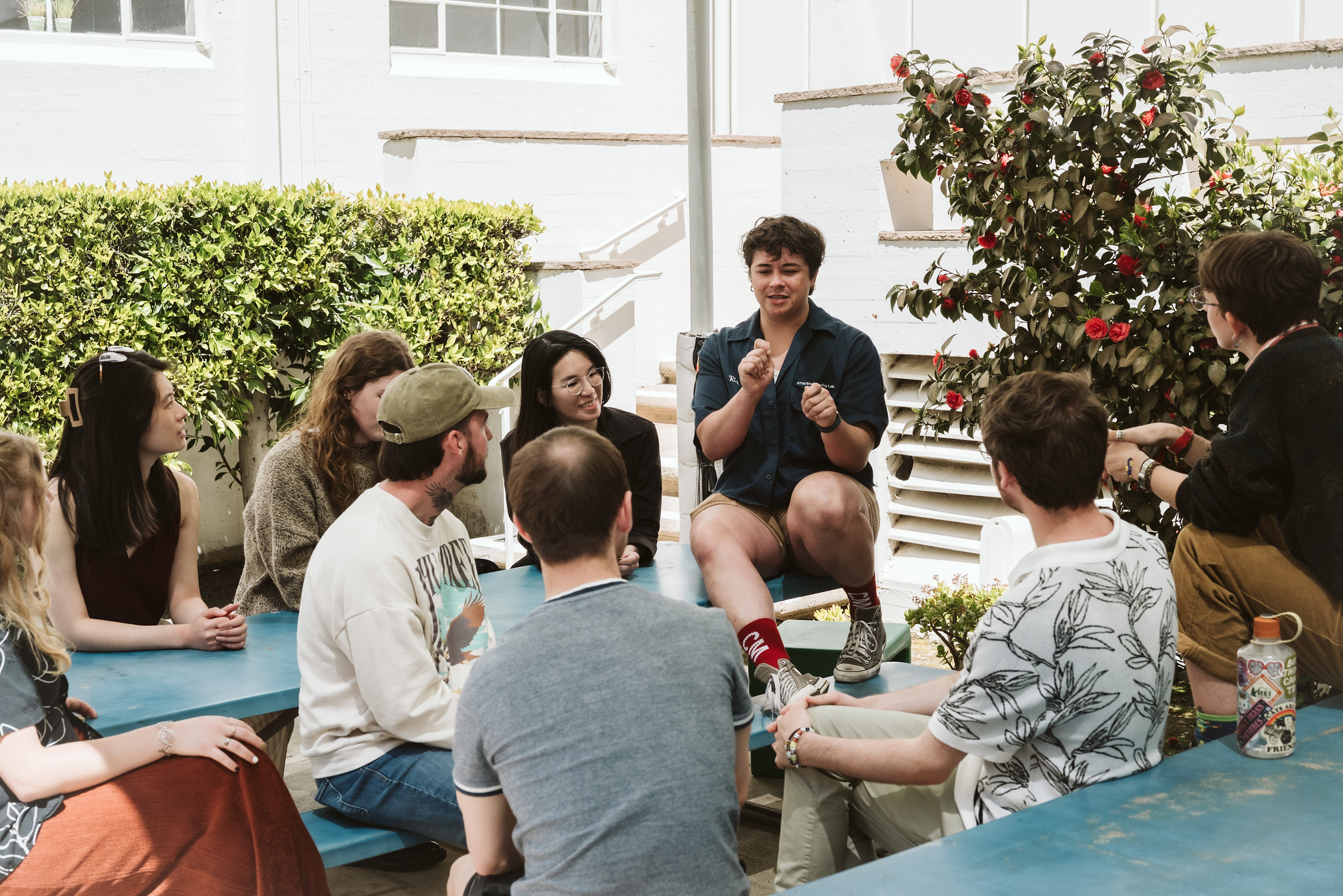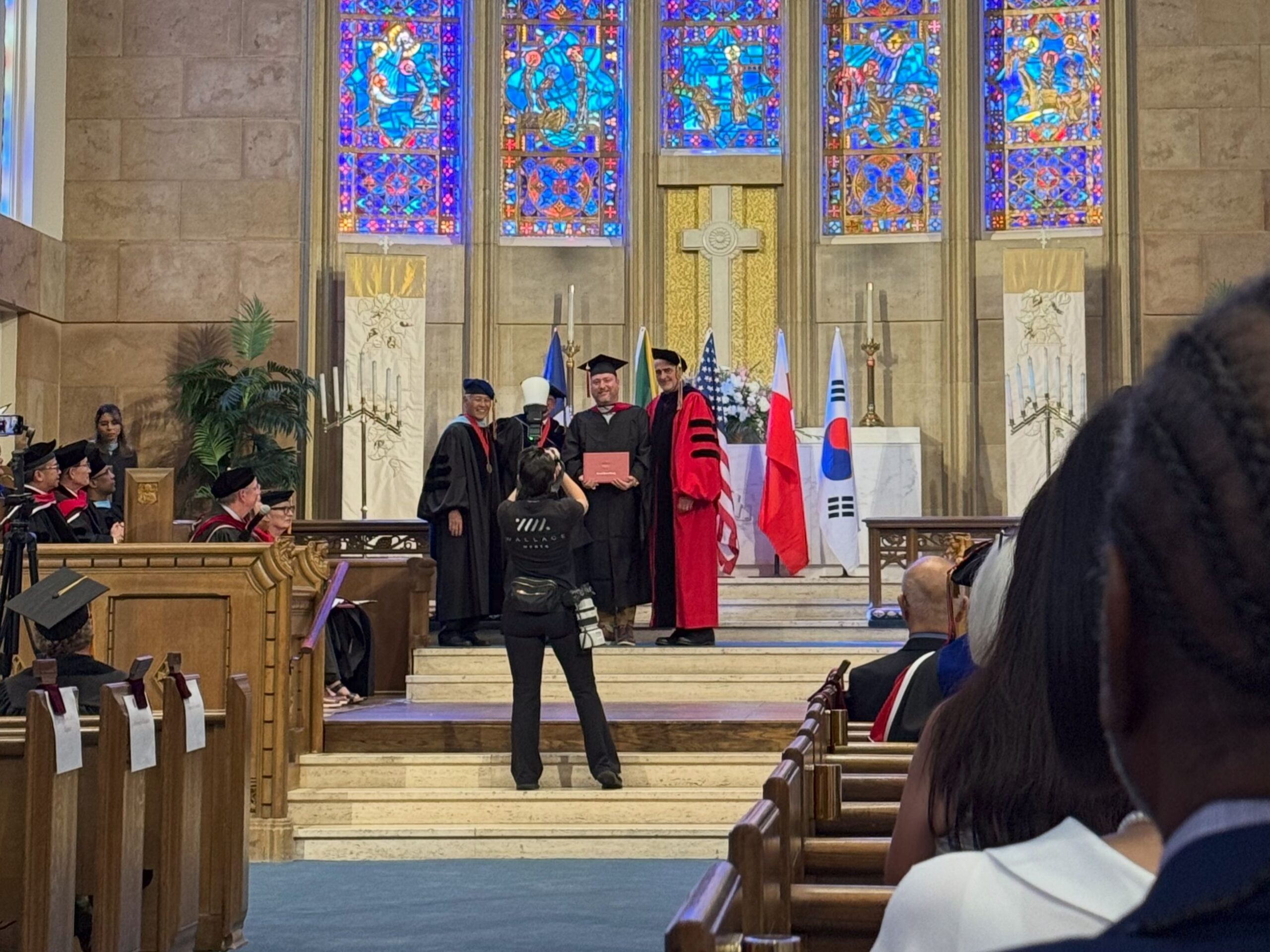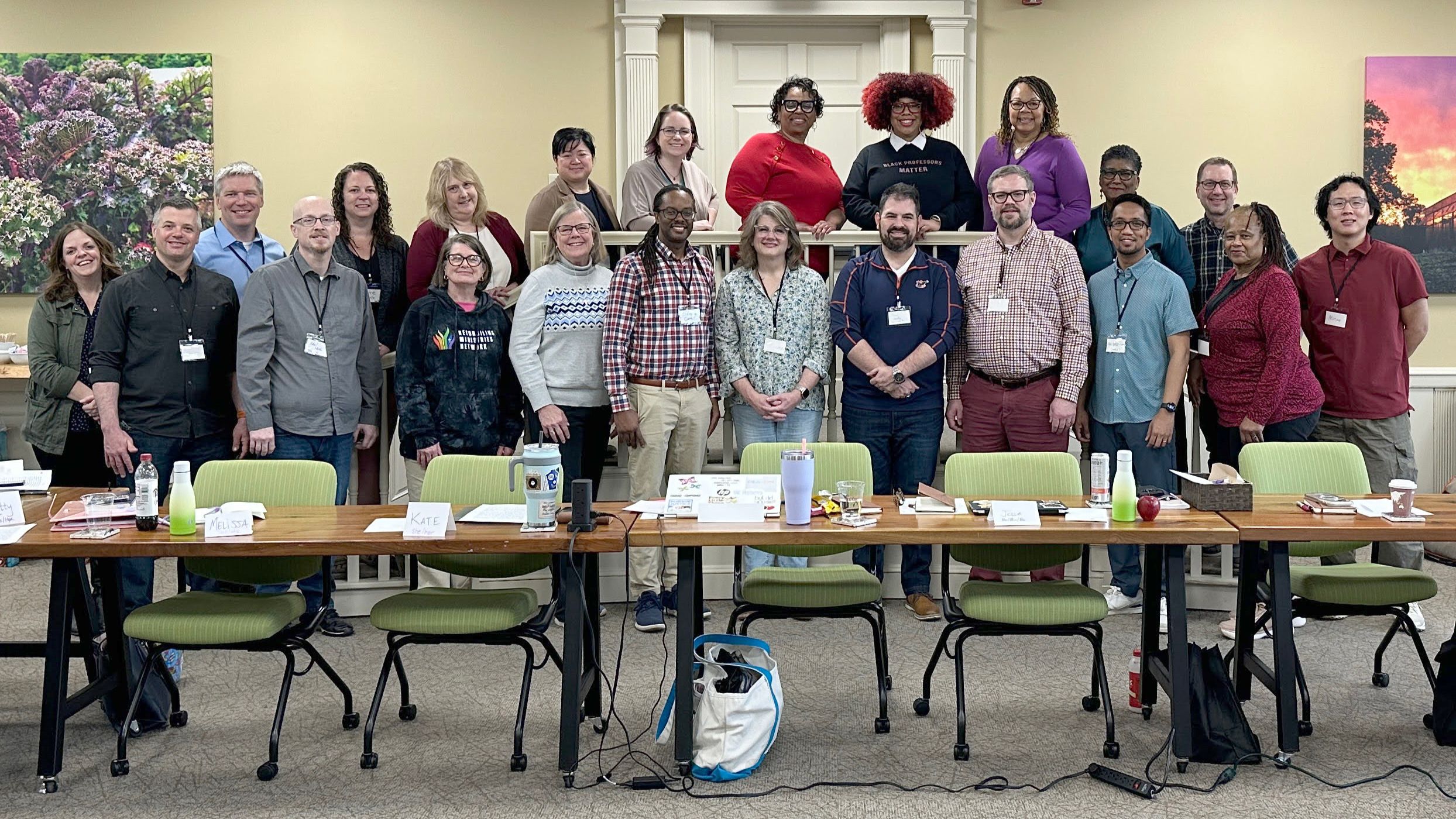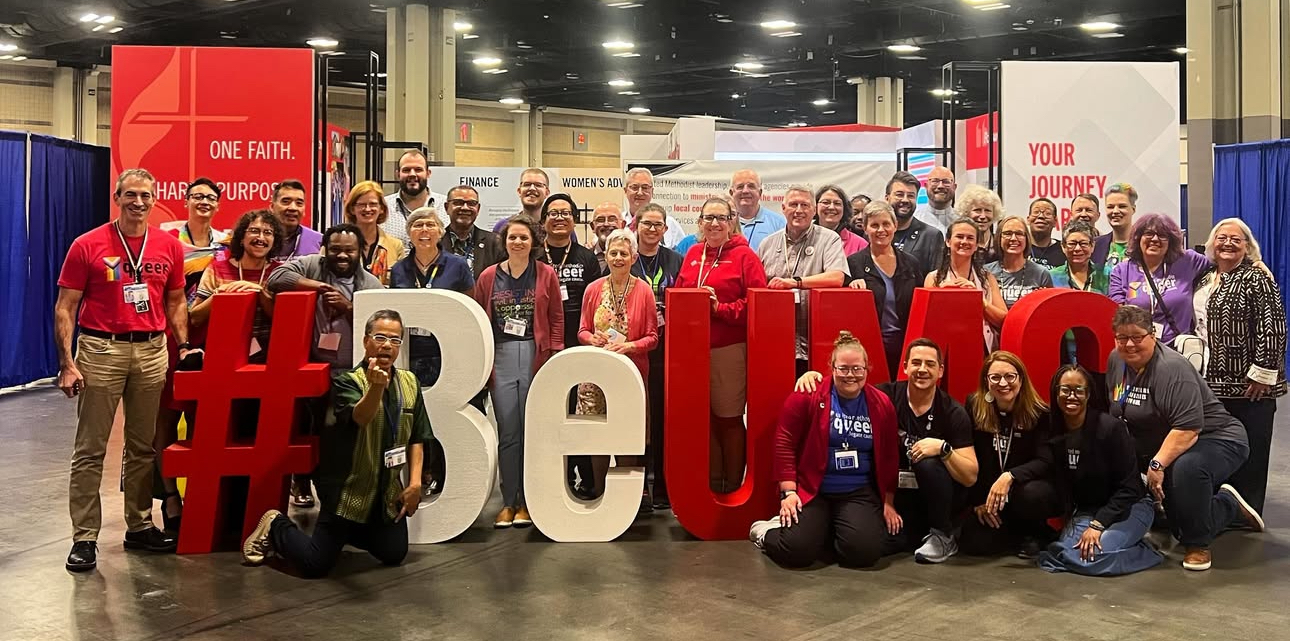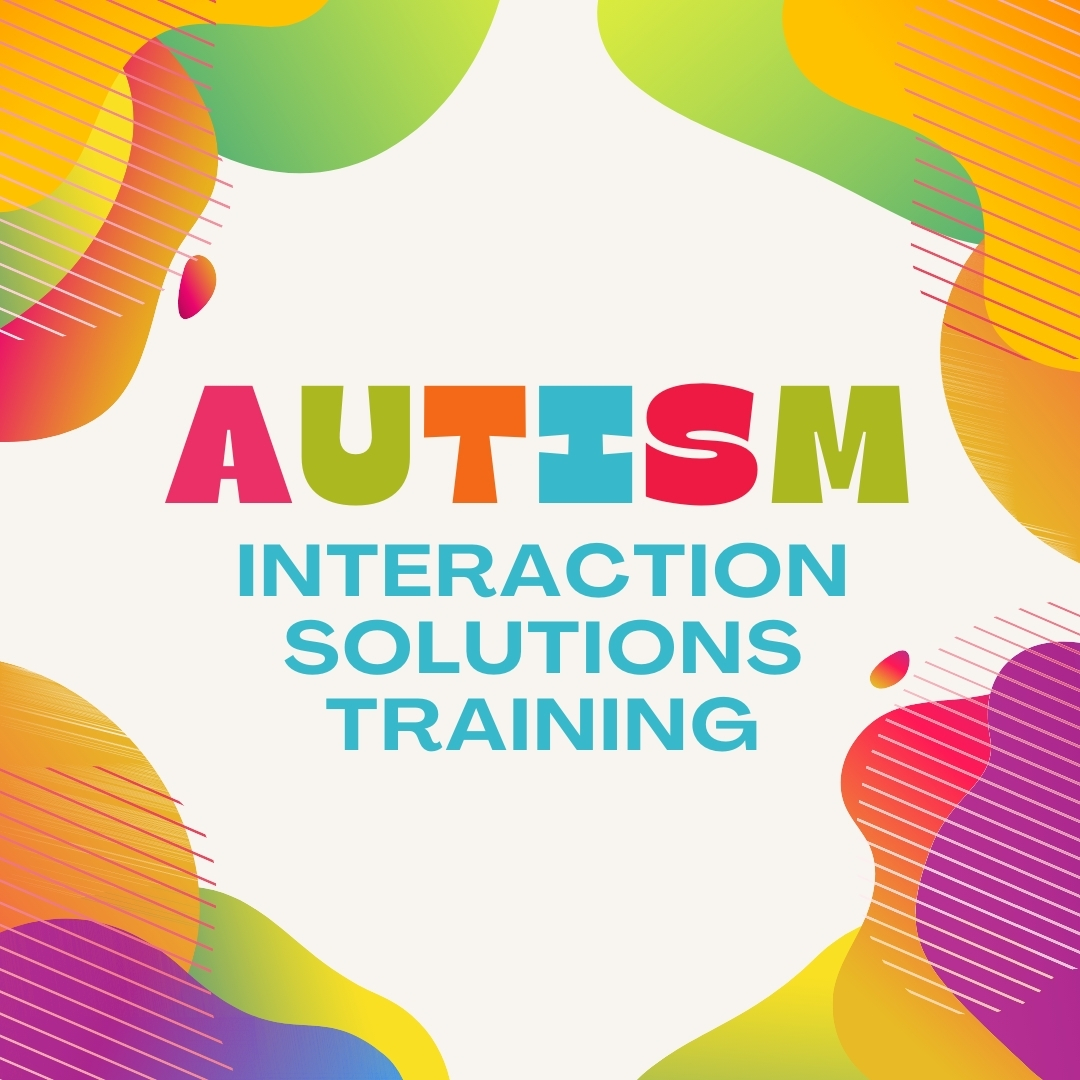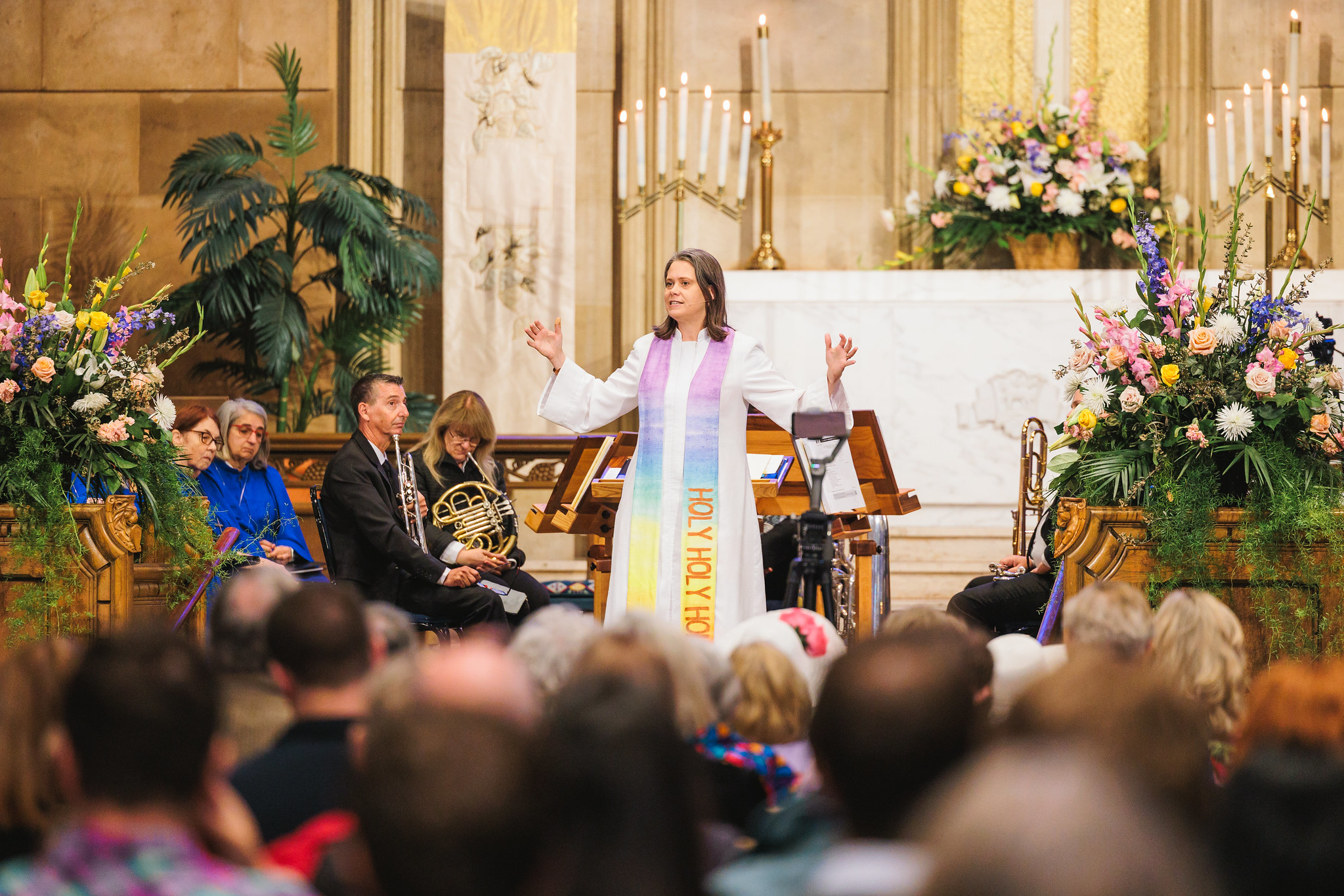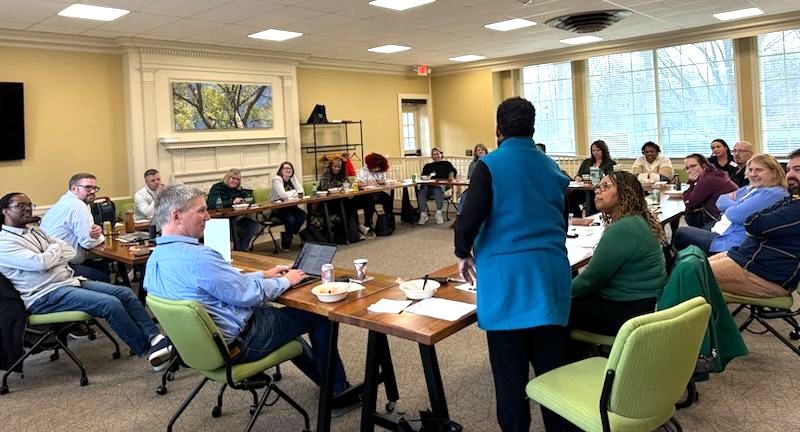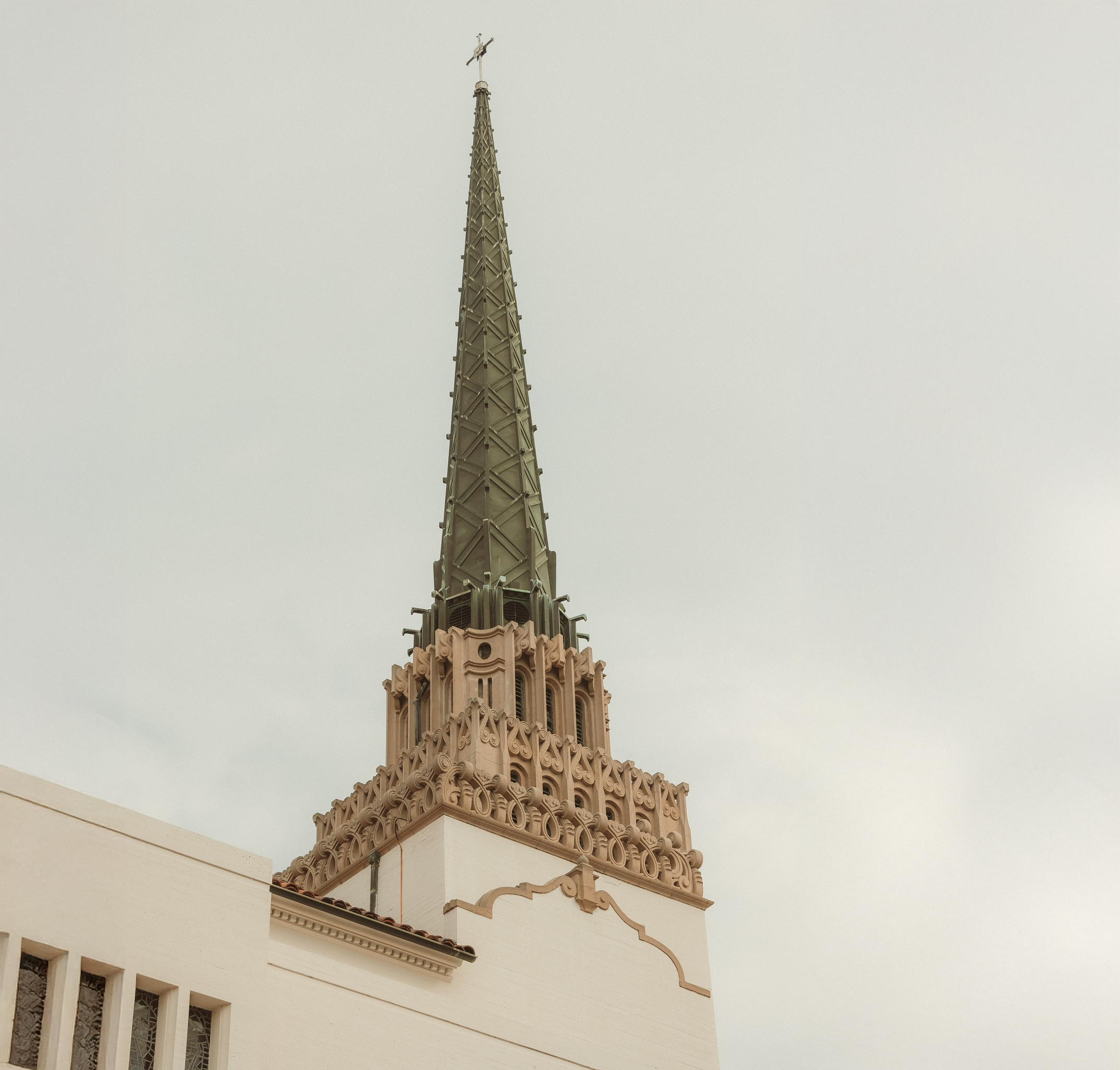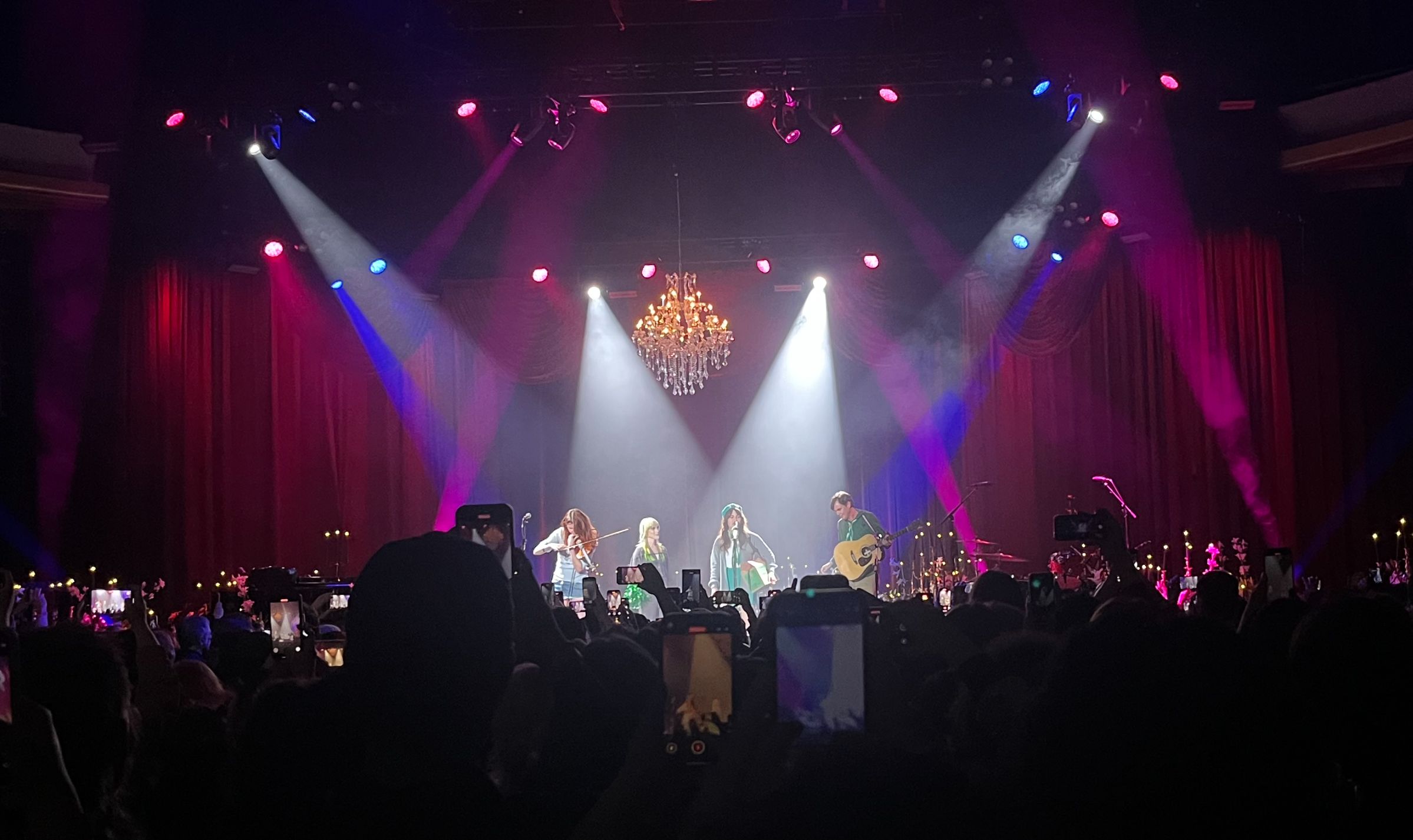Dear Westwood Community,
Last week, I had the privilege of participating in a meeting of leaders in the Western Jurisdiction of the United Methodist Church in the US. At one point in the long meeting, when everyone’s energy was waning, we decided to sing. Someone on the other side of the room started a song I’d learned at church camp back in high school: “Sanctuary.” We liked to sing it a LOT when I was a teenager, with earnest devotion and deep emotion. My first instinct, in all honesty, was to cringe: it was a visceral, subconscious callback to my sentimental Church Camp Era.
“Lord, prepare me to be a sanctuary,” we sang. I remembered how I understood those words when I was fourteen, taking seriously my capacity to be a good Christian as I sang a prayer directly to God. “Pure and holy, tried and true,” the song continues, as I imagined the importance of my individual behavior as an expression of faith. (All the dangerous ways church folks talk about “purity” with teenagers deserves its own whole discussion, another day.) “With thanksgiving I’ll be a living sanctuary for you,” the verse concludes. I sang the alto harmony, which is embedded somewhere deep in my memory.
Last week when we sang this song, we were meeting in Portland at Great Spirit, a congregation of Native Americans that serves as a community space, too. Context matters, and it was powerful to be gathered in that particular church building. Our worship time began with the smell of sage and the resonant sounds of a drum circle; we spent time listening to Native American colleagues, contemplating how to help dismantle the oppressive ideas and systems that have been a persistent, harmful legacy of our US American story, through death-dealing actions and policies that have dehumanized our Native American siblings, robbing them of land and culture and life.
Then, we heard from some of our immigrant neighbors, including powerful voices from 580 Cafe here at UCLA. We learned and talked about what it can look like to provide sanctuary for immigrants these days, looking at ways that congregations and communities can stand up alongside undocumented neighbors in the face of an administration bent on dividing families and communities, and deporting them. Suddenly, I heard the words of that song differently: “Lord, prepare me to be a sanctuary” isn’t just a call to individual piety. It is also a prayer for the church, asking for the help of the Holy Spirit in shaping us into living communities of protection and care for neighbors at risk. It’s an invitation to be sanctuary, together.
I was overcome with a sudden awareness that our communities of faith have been preparing us for this moment all along. The character of our faith, including qualities like holiness and empathy, humility and courage, compassion and love, have been shaping us as a community that practices a liberating, subversive kind of holiness. We know how to do this! This is the kind of life we’ve been singing about all along. In the same way that so many in our congregation opened up their homes to friends displaced by evacuations during wildfires, in the same way we are quick to make donations in response to disasters wherever they happen, in the same way we offer food to hungry neighbors, we are called to be living sanctuaries wherever we are.
For the sake of everyone who is feeling vulnerable today, let us remember that we have the capacity to speak up and stand alongside others as a kind of a living sanctuary: our transgender siblings, undocumented neighbors, generous humanitarian aid workers, lifetime civil servants, DEI advocates, anti-racist laborers, and all those working to dismantle oppressive systems.
Grace and peace,
Pastor Molly


